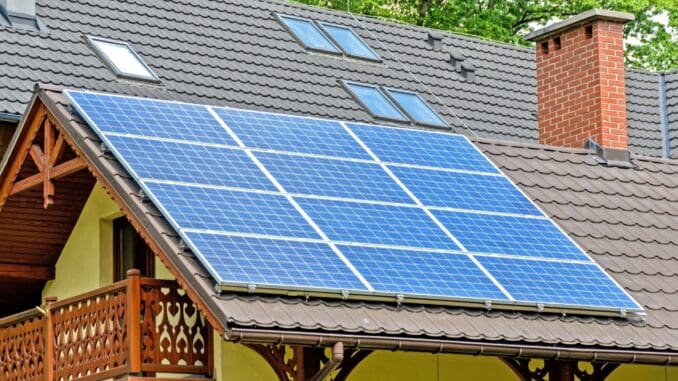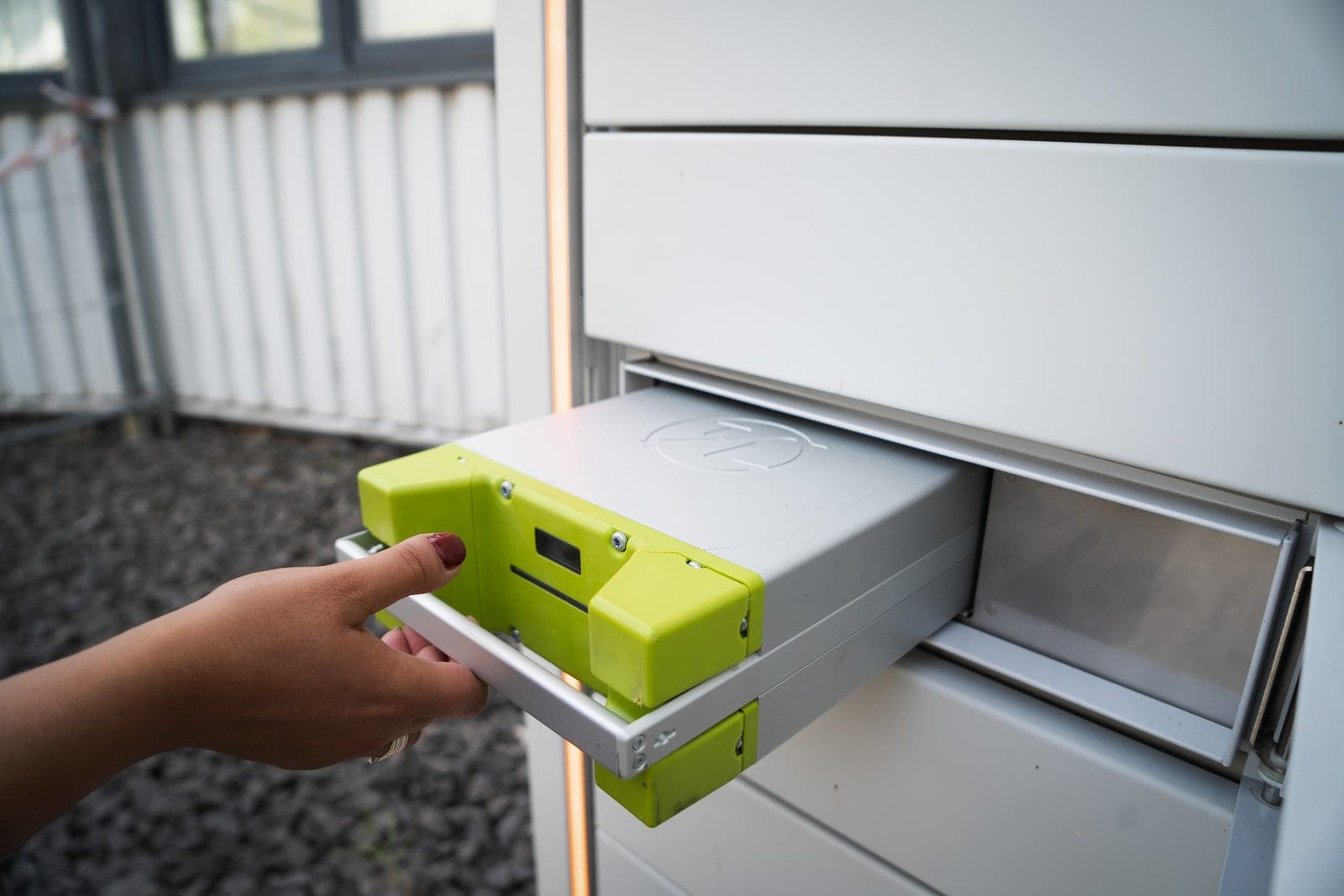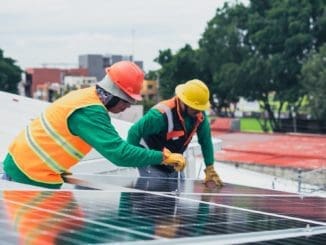
Adding solar panels to your home is a huge step towards utilizing renewable energy. This means that many homeowners are eager to know:
Do you still have an electric bill with solar panels?
The short answer is: yes. However, the nuances can shape your monthly expenses significantly.
By understanding how solar energy savings work and how they influence your electric bill, you can make informed decisions to reduce your bills effectively. It can maximize your investment in solar power.
Understanding Your Electric Bill After Installing Solar Panels
Even with solar panels, it’s not uncommon to see a remaining balance on your electric bill, especially during certain months. Solar panels generate energy for your home. However, the amount produced can vary based on factors like sunlight availability, roof direction, and system size.
Some regions experience overcast or rainy days that can limit solar output. This causes reliance on grid electricity when generation is low.
Net metering is a widely used system that enables homeowners with solar panels to earn credits for any surplus electricity they generate.
In simple terms, when your solar system generates more energy than your home consumes, that surplus can be fed back to the grid. Then, during non-sunny periods, you can draw electricity from the grid, using those credits to offset your charges. This method can lead to reduced electric bills.
Factors Affecting Solar Energy Savings
Multiple factors affect the extent of your solar energy savings. These factors influence how much less you’ll pay for electricity:
Installation Size
Larger systems produce more energy, resulting in greater savings on your electric bill. It’s essential to assess your energy needs. This can help you determine the optimal system size for your household.
Location
Regions with higher sunshine levels will naturally see more energy production. Additionally, local weather patterns can influence energy output. So it’s wise to consider climate variability.
Time of Use Rates
Utilities often have different rates at various times of the day. Knowing your usage patterns can guide how and when to use stored solar energy. By strategically using your solar power during peak rate periods, you can maximize your savings even further.
Inverter Efficiency
The inverter converts the DC electricity generated by solar panels into AC electricity that your home uses. Higher efficiency can lead to more savings. Investing in a high-quality inverter can impact your overall energy production and savings.
Utility Policies:
Your local utility might have specific rules regarding net metering or solar panel performance that affect overall savings. Staying informed about changes in these policies can help you. You can adapt your solar strategy for optimal financial benefits.
Do You Still Have an Electric Bill With Solar Panels? Yes, but…
Many homeowners experience a reduction in their electric bills after installing solar panels. However, it’s vital to remember that having some charges is still the norm.
In many cases, systems do not eliminate the bill entirely. For instance, you may still owe a small monthly fee for grid connectivity. You may also use more energy than your system produces on particularly cloudy days when the sun isn’t out.
Understanding the nuances of your energy use is important. Knowing how solar energy can mitigate costs can also be empowering.
The type of solar power system you choose affects how much you pay each month. Systems on a pay-as-you-go basis can reduce upfront costs. However, they typically have higher ongoing fees.
Purchased systems eliminate monthly payments. However, they require a more significant upfront investment.
Solar Panel Costs and Return on Investment
When considering solar, it’s essential to evaluate solar panel costs against potential savings. Initial installation prices can vary widely. This can be based on system size, equipment choice, and installation fees. However, the long-term benefits often outweigh these initial investments.
Monitoring your savings can provide a clearer picture of your return on investment (ROI). Homeowners may see a payback period of anywhere from five to ten years. This depends on installation costs, energy usage rates, local incentives, and rebates.
Thanks to these incentives and increasing energy rates, many homeowners find they achieve savings relatively quickly.
How to Maximize Your Solar Power Benefits
Understanding how to leverage your solar system for maximum savings is crucial. Here are some strategies you might consider:
Monitor Your Energy Use
Keep an eye on how much electricity you’re consuming versus how much your panels produce. Adjust your habits accordingly.
Using energy monitoring apps can provide real-time insights. It can make it easier to identify patterns and opportunities for savings.
Consider Battery Storage
If feasible, battery systems can store excess energy for later use. This can also provide a backup power source during outages, enhancing your energy independence.
Utilize Smart Technologies
Smart home devices can help manage energy use more efficiently. This shifts consumption to times when solar output is at its peak. Automating your appliances to run during sunny periods can increase your reliance on solar energy.
Conduct Regular Maintenance
Keeping your solar panels clean and in good condition ensures they operate at their maximum efficiency. Scheduling professional inspections can also help identify potential issues before they become costly problems.
Looking Forward: The Influence of Renewable Energy
The shift to renewable energy is not just a personal benefit but a broader societal advancement. The increasing focus on combating climate change has led to significant investments in solar energy technologies and infrastructure. As solar installations undergo technological advancements, longer-lasting systems with better efficiencies are becoming available.
Being a part of the renewable energy movement also offers a level of independence from fluctuating energy prices. As more households adopt solar technology, the market will continue to shift toward sustainable solutions. You’re not only lowering your electric bills but also contributing to a global transition to cleaner energy.
So for those wondering how to get started, researching solar in your area is crucial. They can provide you with tailored information about your needs. They will let you know about available incentives, local installers, and the specific advantages relevant to your location.
Your Electric Bill With Solar Panels Can Be Significantly Less
Do you still have an electric bill with solar panels?
You may still have an electric bill after installing solar panels but the amount can be reduced based on various factors. Monitoring your energy usage and choosing the right system will lead to huge savings.
Embracing solar energy doesn’t just change your electric bill. It positively influences your home’s value and your contribution to sustainable living. So start your journey today!
Was this article helpful? Then, check out the rest of our site for more.




Be the first to comment